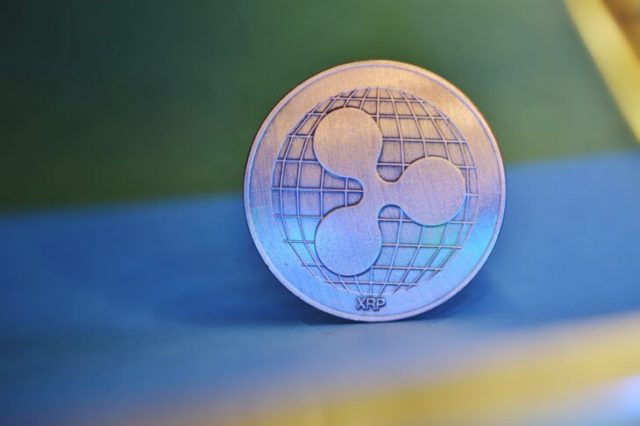Its leaders The European Unionwhich will meet this week, are poised to adopt the coalition’s latest proposals to lower energy prices, but are pushing Brussels to go further and put a cap on the price of gas used to generate power, according to a draft of the conclusions of their meeting.
At the EU summit tomorrow and the day after tomorrow, October 20 and 21, leaders will discuss a package of proposals put forward yesterday, Tuesday, by the European Commission to try to bring down high energy prices that are fueling inflation and the lurking threat of a recession.
A revised draft of their summit conclusions says EU leaders will broadly support the proposals – including plans for a new pricing index for liquefied natural gas (LNG) and common markets natural gas from EU countries.
Each of the proposals needs support from an enhanced majority of EU countries – at least 15 members representing at least 65% of the union’s populationas reported by Reuters and relayed by the Athens News Agency.

The Commission’s proposals do not include an immediate cap on gas prices, which most EU countries say they want, but it is reported that Brussels could draw up another proposal to put a temporary price cap on the natural gas market. TTF (Title Transfer Facility).
EU leaders appear ready to back that idea, asking Brussels to consider a “temporary dynamic price corridor” in gas deals, according to their draft conclusions.
But with many countries seeking stronger action to curb prices, the plan would also ask the Commission to “propose a temporary EU framework for a cap on the price of gas which serves to produce electricity at a level that helps reduce electricity prices’.
This idea, known as the “Iberian Mechanism” because Spain and Portugal have already introduced it, is not included in the EU proposals. Commission President Ursula von der Leyen said yesterday, Tuesday, that Brussels is still considering the idea, including how it could be financed.
EU countries are divided on the Iberian mechanism. France and others support it as a way to lower energy prices, while Germany and the Netherlands fear it will cause a surge in gas demand.
The draft conclusions state that a ceiling on the prices of gas used for energy production must not lead to an increase in gas consumption.
Source: News Beast
I’m Robert Neff, a professional writer and editor. I specialize in the entertainment section, providing up-to-date coverage on the latest developments in film, television and music. My work has been featured on World Stock Market and other prominent publications.







